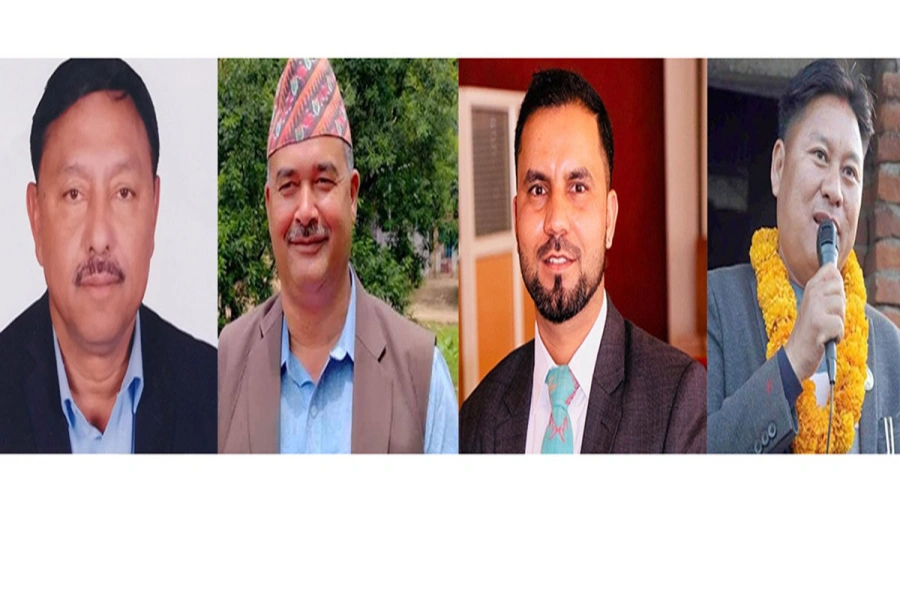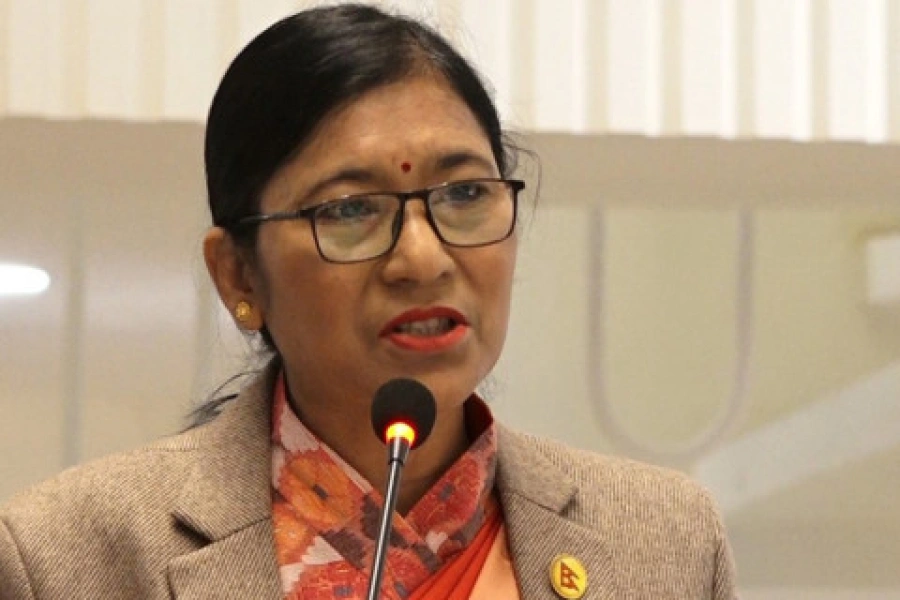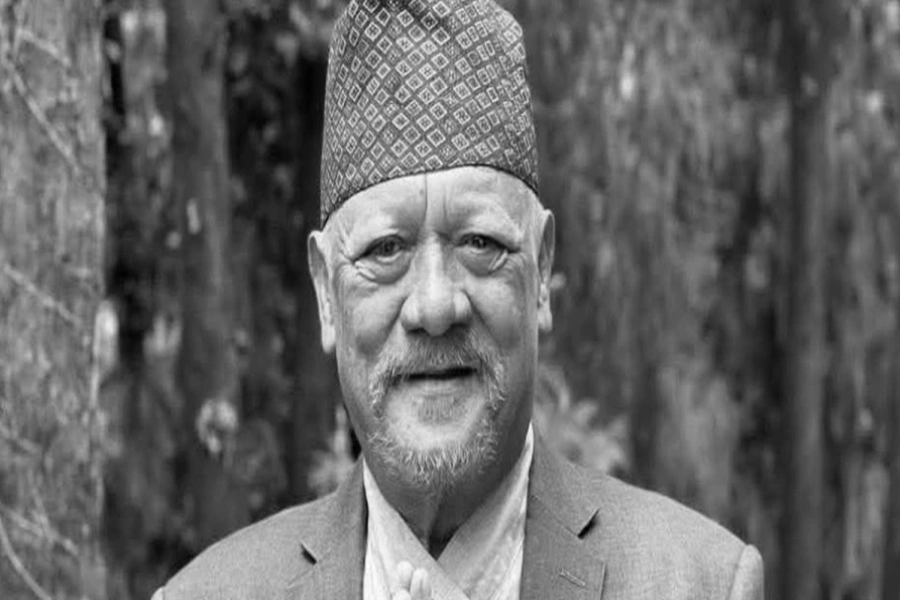The very idea of requiring a written qualifying exam for a PhD is by definition absurd since nobody could qualify as the examiner.
Tribhuvan University Service Commission (TUSC) recently published the result of written qualifying exam, which was conducted a year ago for recruiting lecturers through open competition. And it raised many questions.Why is it that so very few candidates have been qualified in the written examination? Why is it that even PhD and MPhil holders could not succeed in the examination? How come even gold medalists (of Master's degree) could not make it?
The fact remains that the system strongly favors candidates who are good at the traditional time-bound written examination. The examination system does not fairly gauge prospective professors’ higher-level academic knowledge and skills. It chiefly measures rote learning plus some limited superficial content knowledge. I would say such examinations may be suitable for school-level students, but not when it comes to hiring university faculty members. Across the world, top universities rarely, if ever, recruit professors through such practices.
We can see a systematic error in the selection process. The system as it currently exists does a great injustice to prospective professors who already hold PhD and MPhil degrees. The idea of asking general questions covering wide areas of knowledge on a particular subject seems absurd. As candidates have earned an internationally-recognized graduate degree in a specific area, it seems unreasonable to ask questions beyond their area. Such an examination clearly discourages the best and brightest PhD holders from even applying. Degrees are not a magical wand. Candidates who do not succeed should not be shamed. Rather, the university authorities should be ashamed of themselves, as they are recruiting professors through a very obsolete method. PhD and MPhil degrees are not pursued simply in order to amass the greatest possible general content knowledge in a broad subject area. Rather, they are done with the goal of contributing new knowledge in the new scholar's chosen, often very specialized, field, through a course of the most rigorous study, writing and research.
With the title of ‘doctor’, a PhD graduate becomes internationally recognized as a certified expert in his or her field.The degree-granting university demands that the candidate’s dissertation adds something genuinely new to world of knowledge in the field.
NUTA seeks recognition of central-level universities to state-...

Who is qualified to write an exam to test the knowledge of the world’s new best expert in that field, since by definition an exam has to be written by someone who knows more than the examinee? So, the very idea of requiring a written qualifying exam for a PhD is by definition absurd since nobody could qualify as the examiner.
In the past, there were a handful of professors with PhD and MPhil degrees, and having those few precious degree holders as the faculties would be taken as a pride of the university. Now, fortunately, universities have many young prospective professors who have advanced degrees. But the universities are preventing their entry by imposing obsolete traditional examination practices. This is not fair.
So how should our universities recruit professors?
First, they should look for candidates with specialization in a particular area so that they could make a real contribution in their field, perhaps by introducing new courses as per the changing needs of the society and the country.
The area of learning and teaching has expanded. Hence, before announcing a vacancy, the university must work well on determining what type of professor and what specialization is needed, what kind of knowledge is lacking, what are the unexplored areas of knowledge in the program and what are the emerging issues of the country.
To make professors’ recruitment easier, first an initial screening should be made. For this, applications should be sought from scholars who have some academic publications, research, and conference presentations. Those who do not meet the criteria would be automatically ineligible. Universities should consider the candidates’ teaching experience at the college level, their professional development activities, such as their participation in workshops, conferences and seminars. It needs to be assessed beforehand if they are associated with their respective professional associations.
Making the candidates submit their teaching philosophy statements could be a good idea to assess what is their “teaching” and "learning" philosophy and how do they address the needs of the students. In some countries, universities ask the candidates to produce recommendation letters from their former teachers and supervisors.
In the end, the candidates could be asked to prepare some lessons for teaching and then asked to teach those lessons to the students. Once they pass all these procedures, successful applicants can be offered a tenure-track position for five years with the condition that they should be involved in research, academic publications, conference presentations, and community service activities.
To make this happen, the universities should decentralize the power of recruitment to constituent colleges. Some degree of departmental autonomy should be given.
Teacher’s performance should be evaluated periodically. We talk about students’ evaluation but rarely have we considered evaluating the performance of the instructors. In the current system, once they get a permanent position in the university, faculty members are not required to do anything significant to continue to stay in the job.
No accomplishment, certificate or knowledge works forever. So, in order to keep faculty members academically active, along with evaluating their teaching performance, their professional development activities should be evaluated every year to check if they have contributed to research and publication and if they have prepared their students for research and publication.
Many other ways can be explored to ensure that the universities get the best possible teachers and professors. We need to realize the need to do so.






































